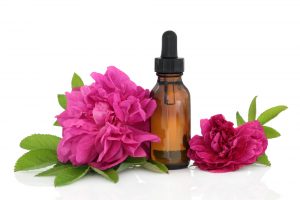Testosterone is an important hormone in men. It can boost libido, increase muscle mass, sharpen memory, and bump up energy. However, many men lose testosterone as they age. A reported 20 to 40 percent of older men have a medical condition called hypogonadism and need testosterone replacement therapy
Testosterone is a powerful anabolic hormone that stimulates and controls the development of muscle, bone, skin, sex organs, and most other masculine, physical features. Recently, scientists have discovered that testosterone also aids mental function, enhancing both visual and perceptual skills. Male testosterone is produced in the testes by a group of cells known as the Leydig cells. These cells begin secreting high doses of testosterone during puberty to trigger increased lean muscle mass, sex organ development, bone formation and higher energy levels. Testosterone levels peak during a man’s early to mid twenties.
Testosterone in Elderly Men
As a man ages, the amount of testosterone produced by the cells decreases. By the age of sixty, the average man will have lost nearly 50% of his testosterone supply. In addition, other factors (such as stress, lack of sleep, physical inactivity, the use of prescription medication and drinking) can cause testosterone levels to drastically decline. Although there is a growing awareness of the vital role testosterone plays in a man’s overall health, the vast majority of men still don’t recognize the key symptoms of testosterone deficiency.
Testosterone Deficiency & Symptoms
Testosterone deficiency symptoms include:
- Depression
- Fatigue
- Low sex drive
- Irritability
- Loss of facial/body hair
- Thinning and/or wrinkling of skin
- Weight gain, and the weakening of both bone and muscle tissue.
Eventually, imbalances of testosterone can set the stage for the development of more serious disease. Low testosterone levels can also disrupt the body’s blood sugar metabolism, leading to obesity and diabetes. Chronic deficiencies may also promote the early onset of osteoporosis and heart disease.
- Exercise and Lift Weights
- Eat Protein, Fat and Carbs
- Minimize Stress and Cortisol Levels
- Get Some Sun or Take a Vitamin D Supplement
- Take Vitamin and Mineral Supplements.
- Get Plenty of Restful, High-Quality Sleep
Fenugreek seed extracts and ashwagandha root and root/leaf extracts, have positive effects on testosterone concentrations in men. Also, some evidence exists for another herb and herbal extract, Asian red ginseng and forskohlii root extract.
If you are concerned about low testosterone, speak with your doctor on more tips and advice.







Be First to Comment